We would like to invite you ALL to our very exciting CELEBRATION EVENT on 17th May 2023 in BG-302.
We have been exploring disabled, chronically ill, visually impaired and neurodivergent people’s experiences of cancer services. We also explored how using the community research model can provide a level of shared understanding between researchers and community members to enable the capture of the perspectives of individuals currently underserved by health and social care research.
This project was commissioned by Macmillan Cancer Support and Wessex Cancer Alliance, and overseen by Involving People – Help & Care, Bournemouth University’s Public Involvement in Education and Research (PIER) partnership and the Research Centre for Seldom Heard Voices.
At this event, we will be sharing the outcomes of our research project, with opportunities to take a look at the report, a film which has been developed using the attendee’s artistic creations for the visuals, with the experiences they shared in a voiceover, and to engage in a creative arts workshop. A variation of healthcare professionals, academics and those with lived experience have been invited to this event, so we can all discuss the success of the project, as well as what more needs to be done.
Everyone is welcome and there will be refreshments!
Please get in touch with Stevie Corbin-Clarke (scorbinclarke@bournemouth.ac.uk) with any queries.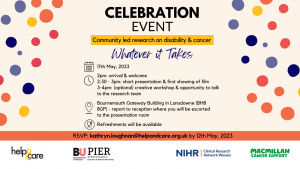
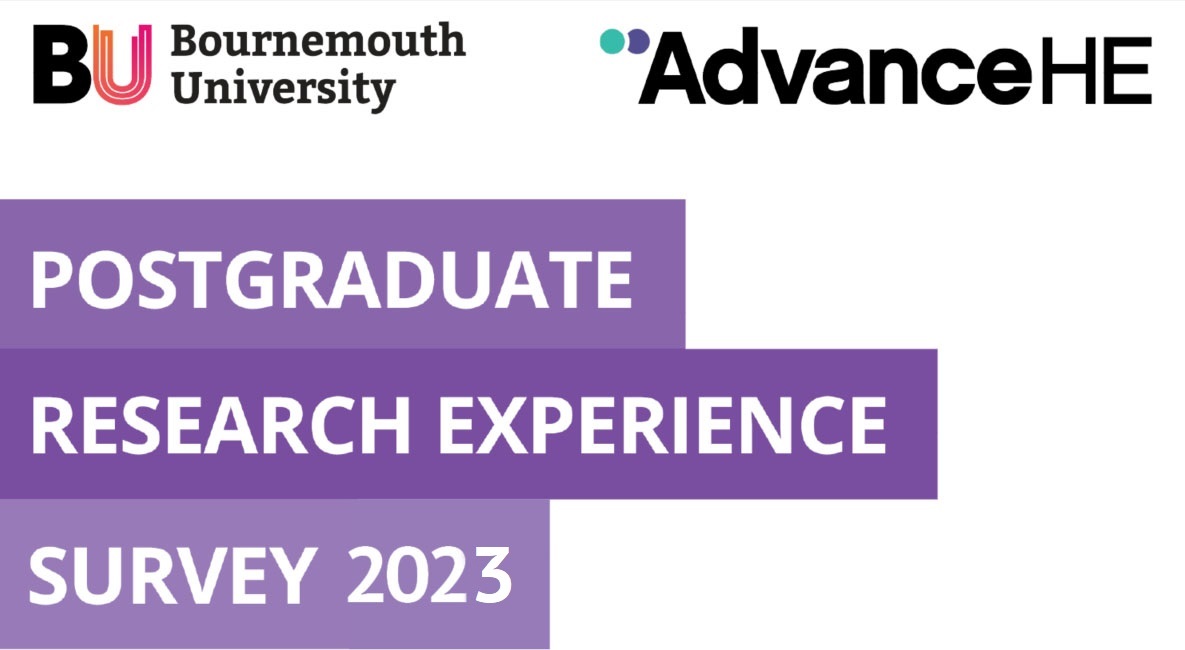
 Last we took a new step into the academic publishing by submitting a paper to Qeios. This Open Access journal publishes papers for free, more or less immediately and after the paper has appeared online peer-reviewers are being invited. The paper ‘
Last we took a new step into the academic publishing by submitting a paper to Qeios. This Open Access journal publishes papers for free, more or less immediately and after the paper has appeared online peer-reviewers are being invited. The paper ‘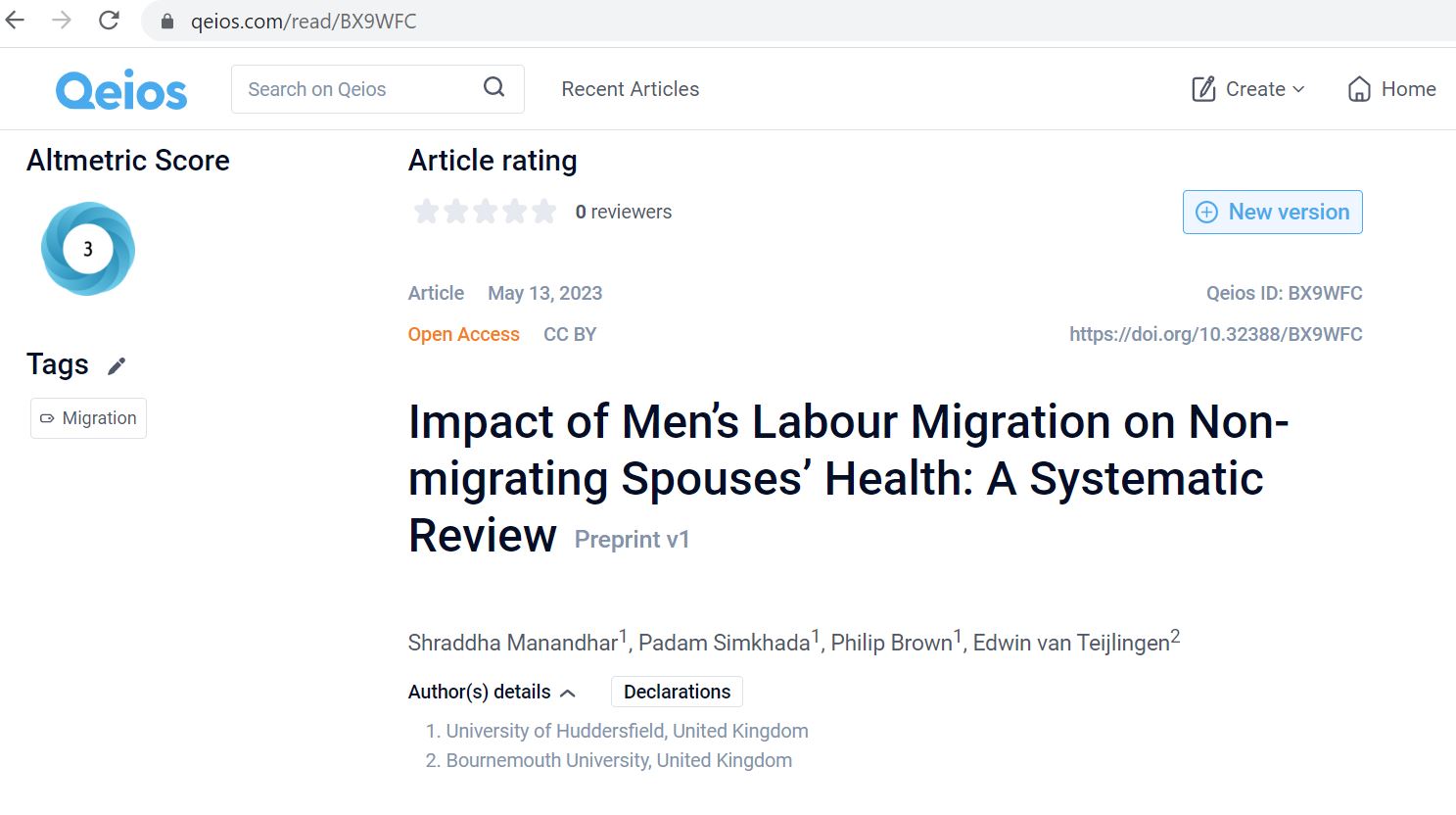



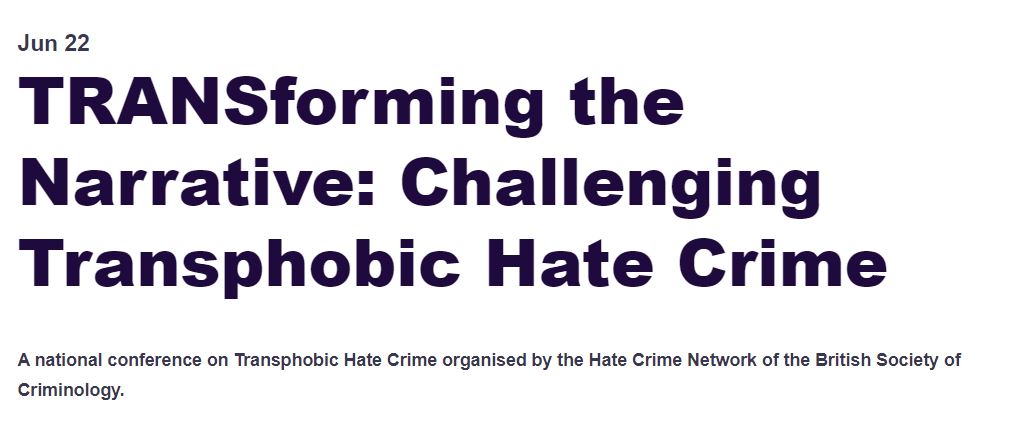
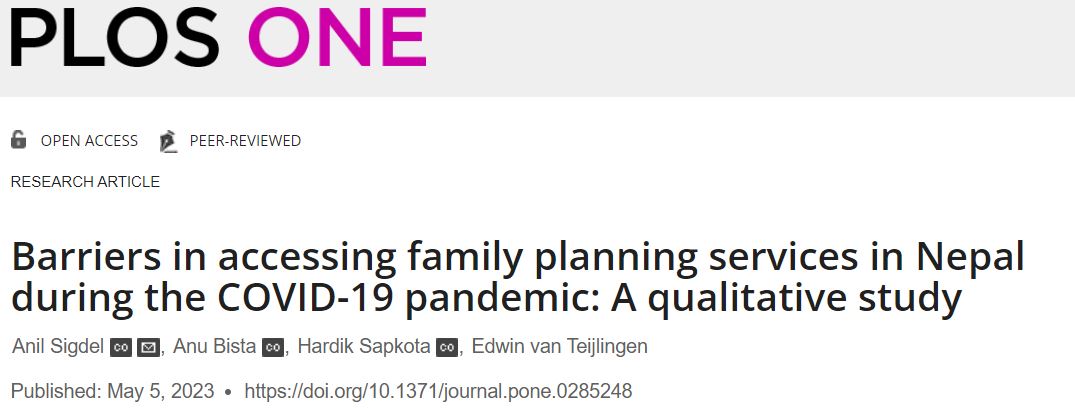
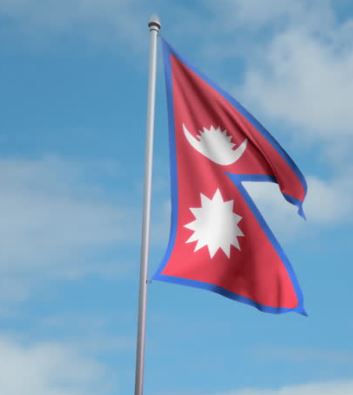
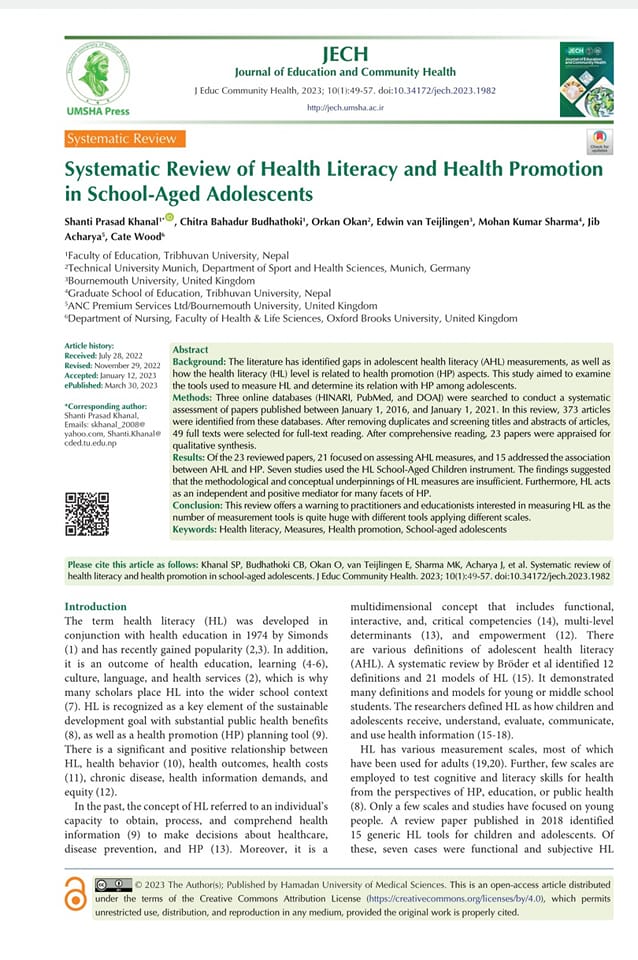
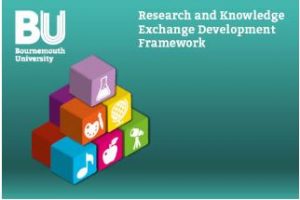
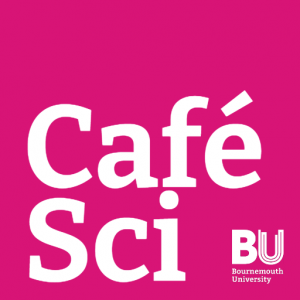
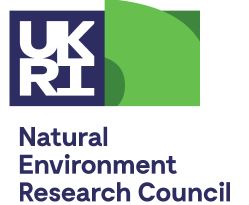













 Beyond Academia: Exploring Career Options for Early Career Researchers – Online Workshop
Beyond Academia: Exploring Career Options for Early Career Researchers – Online Workshop UKCGE Recognised Research Supervision Programme: Deadline Approaching
UKCGE Recognised Research Supervision Programme: Deadline Approaching SPROUT: From Sustainable Research to Sustainable Research Lives
SPROUT: From Sustainable Research to Sustainable Research Lives BRIAN upgrade and new look
BRIAN upgrade and new look Seeing the fruits of your labour in Bangladesh
Seeing the fruits of your labour in Bangladesh ECR Funding Open Call: Research Culture & Community Grant – Apply now
ECR Funding Open Call: Research Culture & Community Grant – Apply now ECR Funding Open Call: Research Culture & Community Grant – Application Deadline Friday 12 December
ECR Funding Open Call: Research Culture & Community Grant – Application Deadline Friday 12 December MSCA Postdoctoral Fellowships 2025 Call
MSCA Postdoctoral Fellowships 2025 Call ERC Advanced Grant 2025 Webinar
ERC Advanced Grant 2025 Webinar Update on UKRO services
Update on UKRO services European research project exploring use of ‘virtual twins’ to better manage metabolic associated fatty liver disease
European research project exploring use of ‘virtual twins’ to better manage metabolic associated fatty liver disease